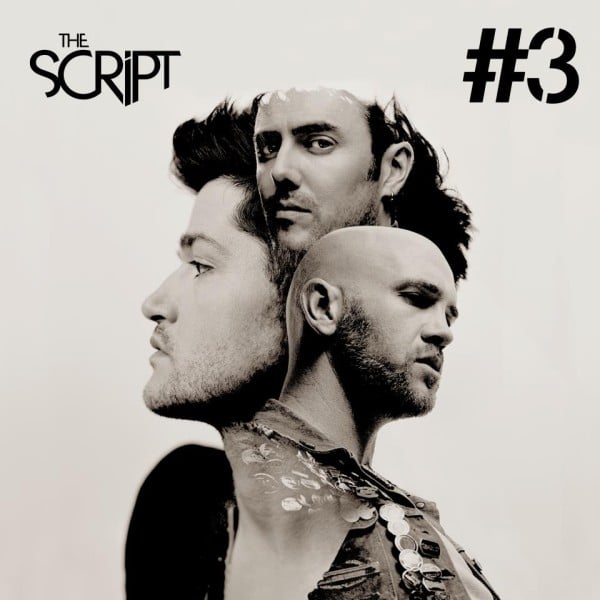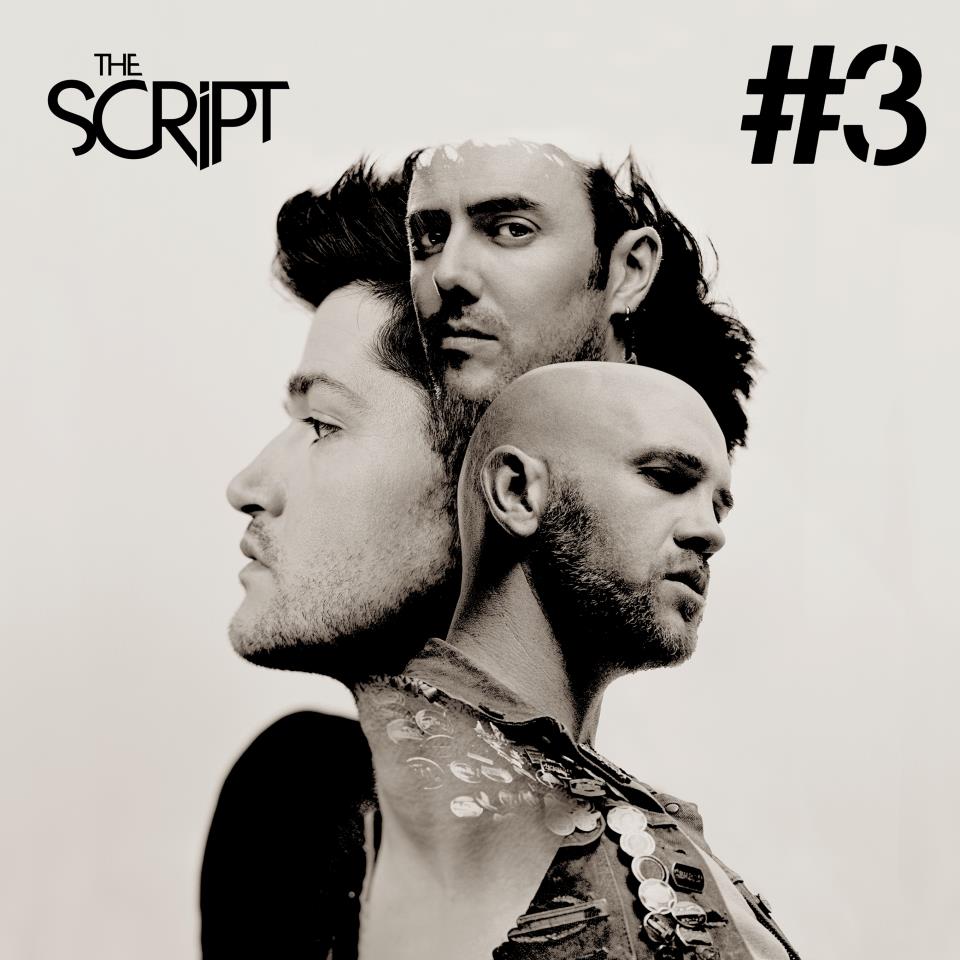
Many fans were shocked to hear singer Danny O’Donoghue rap alongside will.i.am., his co- judge on “The Voice,” but the band’s penchant for hip-hop music is nothing new. The bandmates have always cited American R&B, hip-hop and reggae artists as their idols. Evidences of such influence can be found in their earliest material, most obviously in their stellar cover of “Lose Yourself,” which was included in one of the singles for their eponymous debut album. The “sing-rapping” of Danny O’Donoghue has been a consistent, defining style of The Script throughout all three of their albums, so what’s so disappointing about “#3”?
The Script has been likened to basically every band out there that makes anthem-ambitious, soft piano rock. True, The Script was never famed for its originality, but its signature hybrid of genres and styles has been its sustaining factor so far. That melodic diversity that worked so brilliantly well in its debut album seemed to fade in its second: “Science & Faith” was more or less a self-conscious extension of “Live Like We’re Dying,” a B-side from their first album and the band’s first beacon of success in the U.S. “#3” does not deviate from that direction (perhaps taken in the hopes of breaking the States), but escapes the vapidity of “Science & Faith.”
Though certainly listenable, “#3” fails to excel. The Script have found what they like, but lost what they do well. They are indeed one of the biggest crowd drawers to come out of post-millennium Ireland, and the album has some radio-ready tunes such as “Six Degrees of Separation” and “If You Could See Me Now,” but little remains memorable after the first listen. The choruses on “Hall of Fame” and “Give the Love Around” are instant sing-alongs but owe their approachability more to predictable, simplistic melodies rather than quality. “Good Ol’ Days” and “Millionaires” are recognizably products of OneRepublic’s influence, and certain breaks are reminiscent of Keane. There’s nothing wrong with sounding like other bands, but in this album the band’s characteristic amalgamation of different styles fails to reach the point where it’s so brilliantly diverse, it becomes original. The Script’s overambitious attempt to define their own style backfires into chimeric songs in which anthem-rock and talk-rapping fail to marry.
